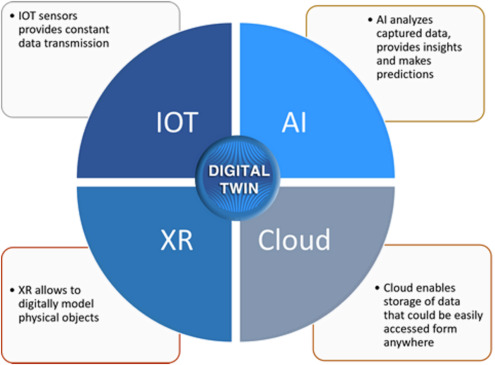
Numerous individuals currently oversee aspects of their health via a smartphone, ranging from step tracking to sleep monitoring and blood pressure devices that connect to the cloud. Digital therapeutics take advancements a step further. They differ from wellness trackers or meditation applications. Instead, they consist of medical treatments provided through software, rooted in clinical evidence, approved by regulatory bodies, and prescribed or endorsed by healthcare professionals to prevent, manage, or treat specific conditions. This fundamental concept is straightforward. If software can offer the appropriate therapeutic experience, at the optimal dosage, with effective feedback mechanisms, care becomes increasingly personalized and ongoing. These interventions are evidence-based medical solutions delivered through software.
Addiction, where access and engagement are critical, was an early testing ground. In 2017, the FDA granted De Novo authorization to reSET for substance use disorders and later approved reSET-O for opioid use disorders. These are prescription digital therapeutics engineered to provide components of cognitive behavioral therapy and contingency management alongside clinician support. Incorporating reSET into standard outpatient treatment led to enhanced abstinence and retention compared to conventional care alone. Software has the capability to expand evidence-based therapy beyond clinical settings and assist patients in remaining in treatment during crucial moments.
The most notable example of prescription digital therapeutics (PDT) is a video game. EndeavorRx became the first FDA-authorized PDT for pediatric ADHD. It resembles play but is designed to enhance attention control mechanisms utilizing adaptive algorithms and carefully crafted tasks, requiring a clinician’s prescription. In 2020, the FDA granted authorization after evaluating data that indicated improvements in attention function for children who met the criteria for ADHD. The product’s labeling and the company’s resources clearly outline its intended use. It forms part of a treatment strategy, rather than a substitute for medications or therapy when those are appropriate. Nonetheless, the symbolic aspect is significant. A child can receive a physician’s recommendation for a game that addresses attention as a skill that can be developed, rather than merely a symptom that needs medication.
Depression has now reached a similar milestone. In April 2024, the FDA approved Rejoyn, a PDT aimed at adults with major depressive disorder who are currently taking antidepressant medication. It provides a structured program on a smartphone as a complement to clinician-managed care and aims to alleviate depressive symptoms. This is not simply a motivational application. It represents regulated, prescription software, rooted in a mechanism-driven approach that integrates cognitive and emotional training with behavioral techniques over a specific timeframe. The indication here is strong. Regulators have paved the way for software to play a formal role in addressing one of the most prevalent conditions in medicine.
Schizophrenia indicates where the field is progressing next. Negative symptoms such as anhedonia, avolition, and diminished expressiveness are persistent, debilitating, and inadequately addressed by our existing medications and treatments. This is where digital therapeutics may provide aid by focusing on motivational and experiential systems through frequent, skills-based exercises linked to real-world reinforcement. The crucial CONVOKE trial, conducted by Boehringer Ingelheim and Click Therapeutics, evaluated an investigational prescription digital therapeutic as a complement to antipsychotic treatment and reported achieving its primary endpoint with a statistically significant decrease in experiential negative symptoms. Patients with schizophrenia and their families may soon have access to a software adjunct that addresses the aspect of the illness that most affects quality of life.
What specifically distinguishes a digital therapeutic from a “health app” found on your device?
- First, clinical validation: These products must demonstrate efficacy in controlled studies and disclose risks and limitations.
- Second, regulatory oversight: Several mental health PDTs are classified under a distinct FDA device category for computerized behavioral therapy, which includes specific controls.
- Third, integration: The most effective digital therapeutics are crafted to integrate into genuine care with prescribing, monitoring, and outcome evaluation, rather than operating in isolation.
These safeguards do not render software flawless. They confer accountability, which is what patients merit.
For ADHD, what should families realistically anticipate? A clinician assesses the child utilizing established methods. If attention training through EndeavorRx is suitable, the family receives a prescription and establishes a set treatment schedule. The child engages with a structured game that subtly adjusts difficulty to target attention control. The family and clinician track progress and modify the broader strategy. This approach treats daily practice rather than just as a monthly refill. Some insurers have begun to show interest. Although coverage may vary, families express appreciation for having an option that emphasizes skill-building and minimizes stigma.
For depression, Rejoyn’s approval is significant as it affirms a well-known yet challenging issue. Many adults on antidepressants continue to battle mood, cognition